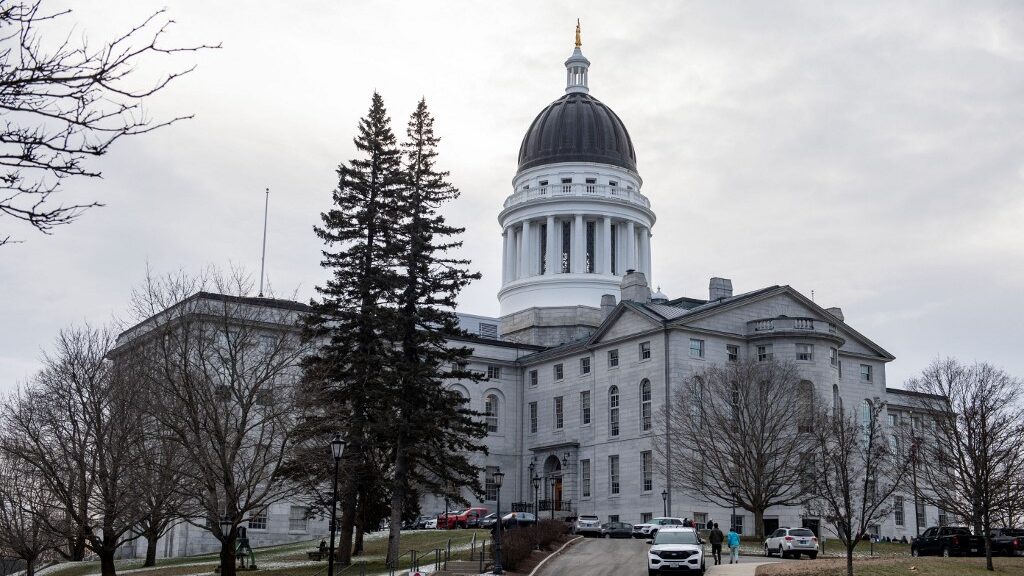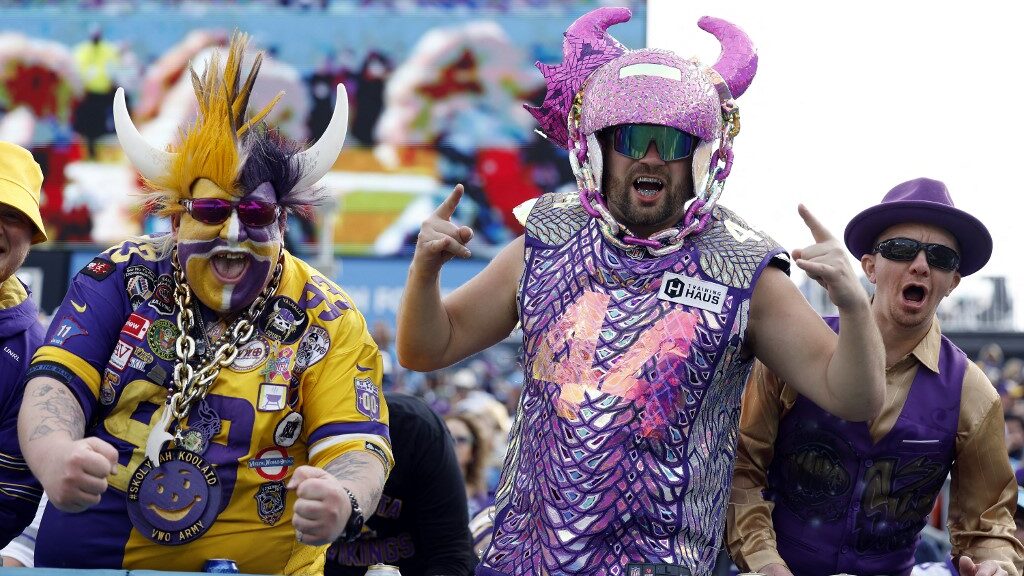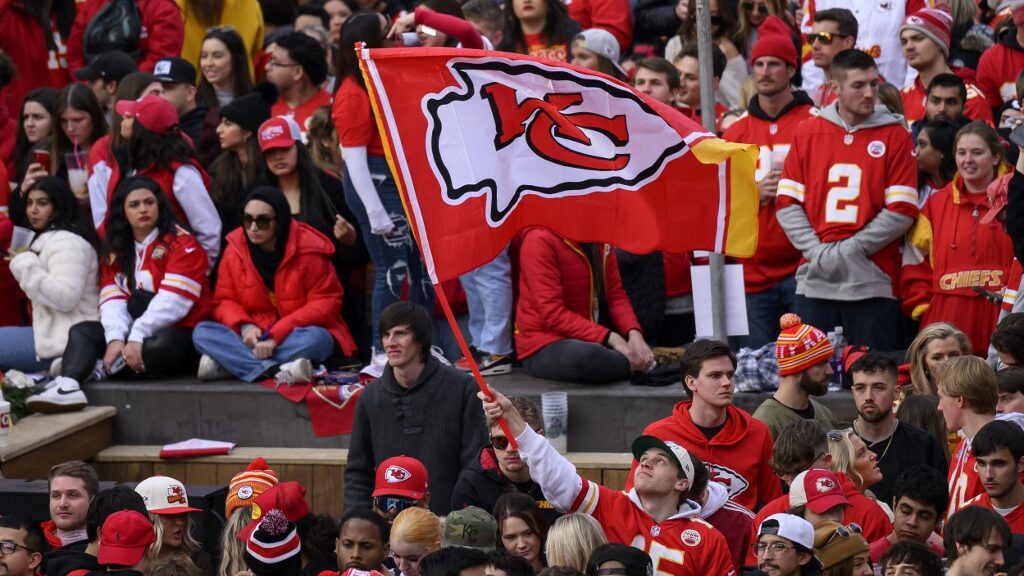
State legislators passed LD 2117 on Tuesday, a Maine sports betting bill that reduces the sportsbook license duration from four to one year. The bill is now with Governor Janet Mills, who has a 10-day window to sign it into law.
The bill also empowers Milton Champion, the Executive Director of the Maine Gaming Control Unit (MGCU), to grant several temporary licenses before issuing a permanent one. This change also includes adjusting the licensing fees to correspond with the new one-year term.
Champion believes that the shorter license terms will lessen the MGCU’s workload. “Tracking this information over four years is much harder to accomplish rather than on a regular basis,” Champion said during a hearing earlier this year. “Turning it over every year versus holding onto it for four years of information before renewing will help. We don’t want unintentional mistakes or oversights because of the length of time.”
Additionally, the provision for temporary licenses ensures that sports betting in Maine remains operational beyond November, even if permanent licenses have not been issued by then. This modification would align the sports betting licensing process with the other gaming activities being regulated by the MGCU.
Move to Keep Betting Live in Maine Past November
In Maine, two sportsbooks, Caesars and DraftKings, are currently operational. However, they are operating under temporary licenses issued by Champion.
Under the sports betting legislation of 2022, these temporary licenses were initially intended to be valid for only a year. To expedite the launch of sports betting in the market, Champion granted these temporary operator licenses in November 2023.
If Governor Mills signs the bill into law, Champion will have the authority to continue issuing temporary licenses until the completion of the necessary background checks for the permanent licenses. Champion says it’s worth noting that some of the delays in these background checks are due to federal processes, which are beyond the control of the MGCU.
One Maine Sportsbetting Deal Stands Out
Speaking of Caesars and DraftKings, according to a report from the Bangor Daily News, by choosing to sign an exclusive agreement with one of the country’s largest sportsbooks, the Passamaquoddy tribe accounted for over 80% of Maine’s total bets in the first four months of legalized betting. From November to February, people placed more than $126 million in bets on the DraftKings platform in Maine.
In stark contrast, people bet roughly $28 million through Caesars Sportsbook, a sports betting branch of the Las Vegas-based gambling and hotel giant, which partners with the Penobscot, Maliseet, and Mi’kmaq tribes.
When their partner announcement was made, Chief Kirk Francis of the Penobscot Nation cited Caesars’ familiarity with Tribal Nations, “Penobscot Nation is excited to partner with Caesars Sportsbook, the Mi’kmaq Nation and the Houlton Band of Maliseet Indians to bring online sports betting to Maine,” he said. “We chose to partner with Caesars over other companies because of Caesars’ decades-long history of working with Tribal Nations throughout the country, their commitment to Tribal sovereignty, and their understanding of our State’s deep history with horse racing. When consumers use the Caesars Sportsbook app they can do so knowing that they are supporting the vast majority of the Wabanaki Nations and a company that operates with respect and a commitment to Tribal Nations and a deep understanding of Mainers.”
This decision resulted from a 2022 agreement between Governor Janet Mills and tribes seeking a more comprehensive sovereignty deal. These figures indicate the keenness of the Passamaquoddy’s decision. Now we’ll wait on Governor Mills’ decision and whether or not she signs LD 2117 into law.

















